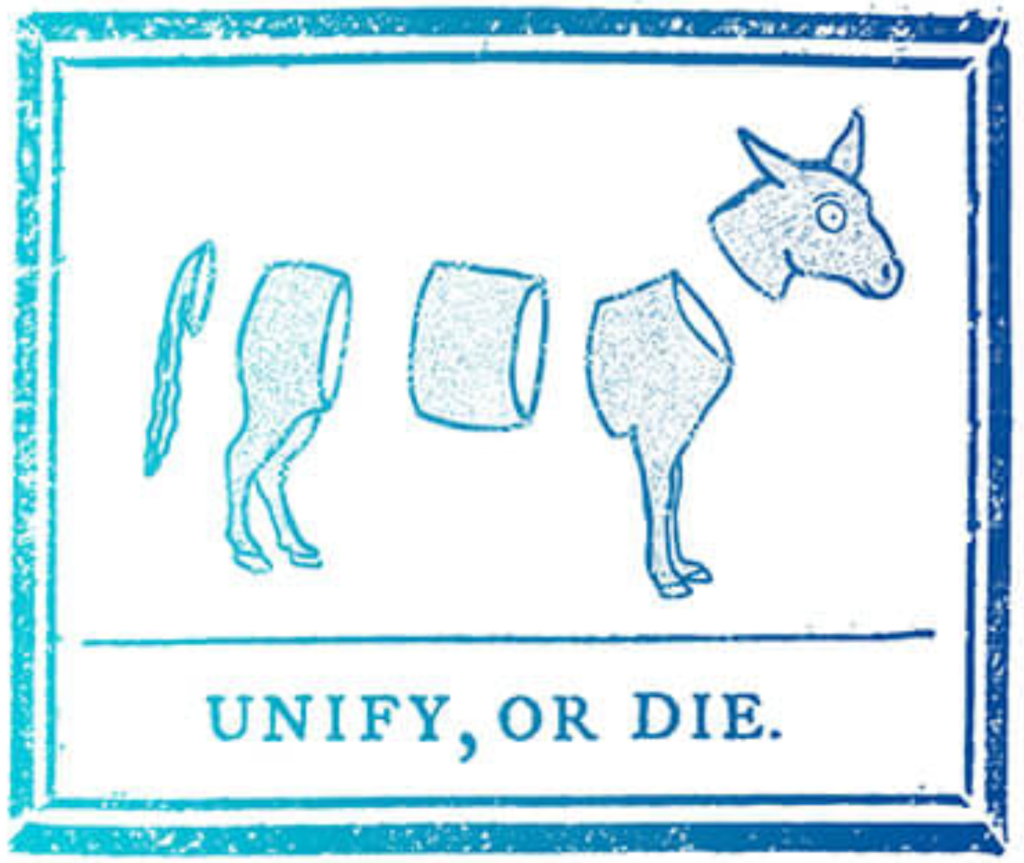
Yesterday, a few hours after the Republicans declared themselves the “blue jeans and beer party”, Britain’s version of traditional liberals, the Labour Party, was torched in an election few thought would be as damning as it was. By this morning the pundit class was warning America’s Democrats that a Labour-like smackdown was in their future if they didn’t apply a few British lessons to 2020 and the fight with Donald Trump.
The basic admonishment is as usual not to “go all crazy socialist” and follow the likes of Bernie Sanders and Elizabeth Warren off the cliff.
The landslide victory lead by Boris Johnson — a kind of Donald Trump with a shelf of books he’s actually read — was, if we follow British exit polling, due to — wait for it — rural and blue collar voters, i.e. ale and blue jeans, turning against dull, snoozy, give-away-the-farm liberals. Particular animus was directed at Labour’s astonishingly off-putting leader, Jeremy Corbyn, a guy who seems destined for historical infamy for his fecklessness and incompetence over the past couple years. (Corbyn immediately resigned as Labour leader, and may well have already slipped out of the country in disguise. (Joke!)
I won’t pretend to be an expert on British politics and Brexit, but I have tried to keep up, and have devoted hours of car travel listening to the London Review of Books podcast, “Talking Politics”, with it’s collection of Oxford-Cambridge intellectuals straight out of a Kingsley Amis novel. The fact that the hosts and their learned guests have never been able to make sense of all the political maneuvers possible in the context of Brexit made it easier for me to follow, in an odd way. Hell, everyone’s guessing! (But mainly, the show is just so damned British.)
What I have taken away is that yesterday’s crushing Labour defeat had at least as much to do with Jeremy Corbyn as it did with any wholesale rejection of “wild, Socialist agendas.” (The Brits may not be as sane and stable as we give them credit for, but they like most of the “socialism” they’ve got and don’t regard it as a dirty word.)
What the smarter observers of British politics also recognize though is the virulence of anti-immigrant thinking that produced the Brexit vote in 2016 certainly contributed to the Conservatives’ epic win last night. This understanding comes with constant reminders of how Russian meddling via social media in 2016 (and possibly since) has, as here in the colonies, fired-up and sustained anti-immigrant sentiments, mainly among the less-educated and rural folks.
One line of thought is that if Corbyn had turned the Labour party into an emphatic “Remain” party, devoted to killing off Brexit once and for all, he might have rallied a coalition of all those who think of Boris Johnson as, well, Britain’s blonde, vulgar buffoon and national embarrassment.
But Corbyn had spent most of his career railing against Europe and a variety of other hopelessly out of touch ideas and therefore had no credibility on the issue foremost in everyone’s mind. Put another way, the guy was an absolute putz. A soon to be legendary example of precisely the wrong guy in the wrong place at the wrong time.
The kernel of truth though for American liberals is that the immigrant issue — the “others” taking over the America we are entitled to — an issue regularly re-inflamed by a reckless bigot in the White House with 63 million Twitter followers and supported — enthusiastically or not, it doesn’t matter — by the entire Republican eco-system, is a very big problem sitting on the tracks ahead.
Combined with the inevitable hysterical cries of “Socialism!” any Democratic candidate is going to have a tough time breaking the fever of … less well-educated, blue collar and rural voters, mainly of the male persuasion. As in Britain, those folks are more comfortable with rolling the country back to the way it was 30-40-50 years ago than “browning things up” with an welcoming influx of “others.”
This scenario suggests that the Democrats 2020 are going to have to play that careful middle ground old school Republicans always see as best for them, and not go crazy with someone like Sanders or Warren.
I’d like to disagree with that. But it gnaws at me. The hyper-liberal “Twitter-verse” (e.g. Jon Favreau and his “Pod Save America” buddies) make passionate and convincing arguments for large-scale reforms of American courts, immigration policies, climate change action and on and on. But I constantly ask myself if they see and hear the same confusion and indifference that I hear from possible voters every day, the “blue jeans and beer” crowd now supposedly so infatuated with good old boys like Donald Trump, Mike Pence and Mitch McConnell?
The electoral trick may lie in stealth. In the candidate smart enough, skillful energetic enough to hold and strategically articulate ideas about significant reform — like, you know, restoring ethics and Constitutional primacy post-Trump — without allowing “mass immigration!” and “Socialism Now!” to become his/her message and therefore identity.
By the time that happens though the “United Kingdom” under Boris Johnson may already have lost Scotland and Northern Ireland to conservative incompetence British-style.


 So I see “Magnum P.I.” is the latest geezer hit to get the re-boot treatment. Fans of TV as it once was already have a new “Hawaii 5-0” up and running, have seen “Roseanne” rise from the dead … die … and be born again (as “The Connors”, without the queen crazy) are awaiting the restoration of “Murphy Brown.”
So I see “Magnum P.I.” is the latest geezer hit to get the re-boot treatment. Fans of TV as it once was already have a new “Hawaii 5-0” up and running, have seen “Roseanne” rise from the dead … die … and be born again (as “The Connors”, without the queen crazy) are awaiting the restoration of “Murphy Brown.”